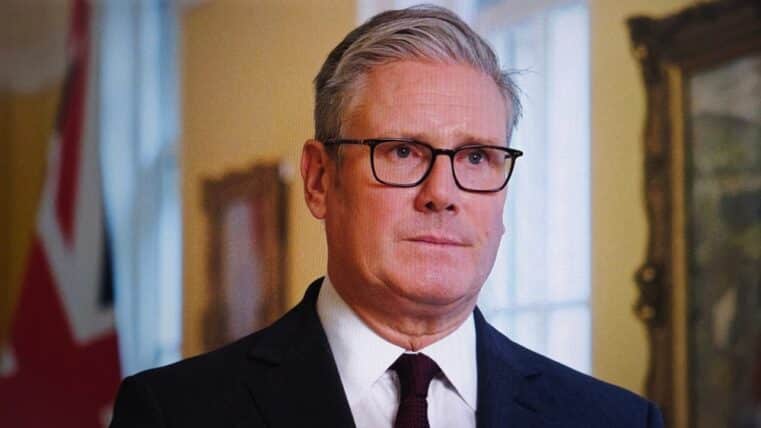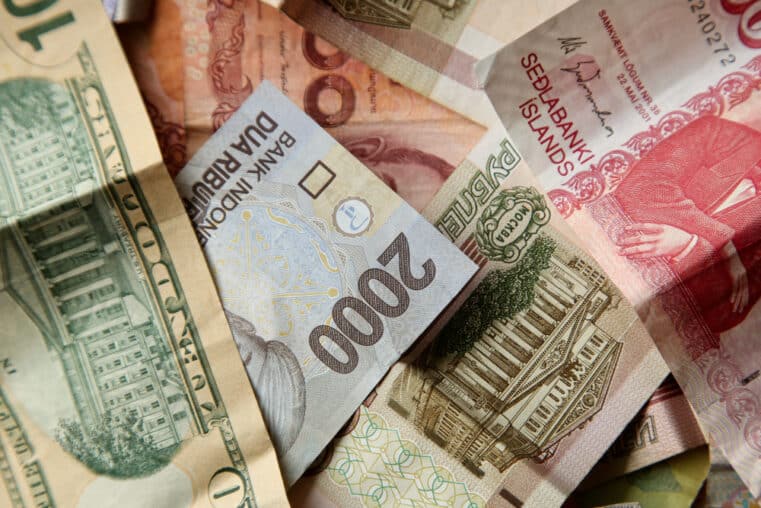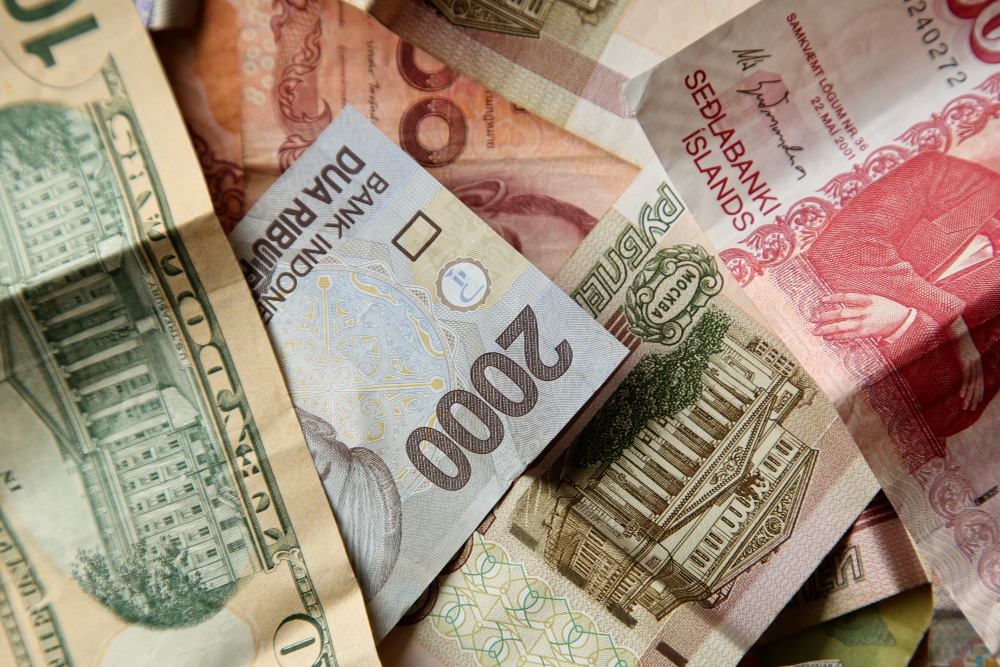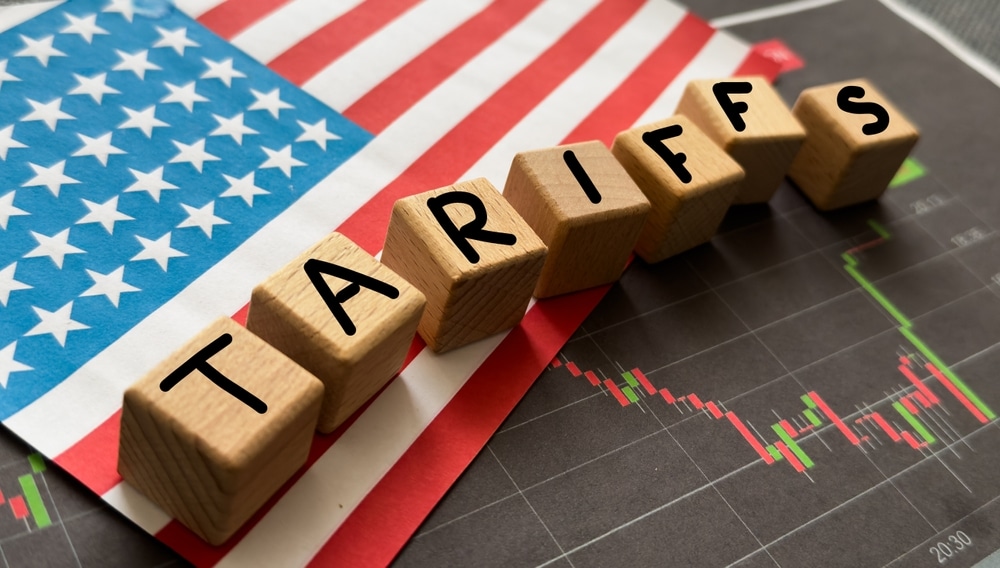
Europe’s March the Digital Euro Should Alarm Americans
What Is the Digital Euro Really?
At first glance, the Digital Euro is being sold like any shiny new piece of fintech: faster payments, better fraud prevention, and the always-hollow promise of "increased efficiency." But under the hood, it is nothing less than state-administered surveillance—a direct pipeline from your wallet to a centralized authority that can monitor, influence, and even punish your financial behavior.
This isn’t some speculative slippery slope. It's already happening.
Unlike traditional electronic money (which moves through private banks that at least act as intermediaries), a CBDC (Central Bank Digital Currency) like the Digital Euro would allow the central bank—and by extension, the government—real-time access to every euro spent, saved, or transferred. No warrant. No due process. Just total financial transparency—for them, not for you.
And despite ECB lip service about privacy protections, the fact that they’ve brought in AI-driven fraud detection firms and digital identity companies tells you all you need to know: this system is being built to monitor you.
European Banks Are Sounding the Alarm. We Should Listen.
Even Europe’s commercial banks—hardly paragons of liberty—are worried. And they should be. The Digital Euro sidelines them completely. When citizens begin parking their funds directly with the central bank instead of private institutions, lending collapses, credit dries up, and the private sector gets crowded out by endless government borrowing.
Why is this a problem?
Because in any functioning economy, credit allocation is how capital flows to where it’s most productive—to entrepreneurs, innovators, small businesses. When the central bank takes control, that money flows where it’s politically useful—to failing government programs, wasteful defense projects, and bailouts for the politically connected.
The result? A zombified financial system and a debased currency. In other words, Europe’s descent into monetary socialism.
What This Means for the United States
Don’t kid yourself—what starts in Europe rarely stays there. The only reason the U.S. hasn’t already launched its own surveillance currency is political pressure. And that pressure is fragile.
Trump’s executive order banning CBDCs was a welcome speed bump, but speed bumps don’t stop freight trains. The Federal Reserve has already conducted pilot programs with major banks and tech firms. They’re just waiting for the right crisis to roll it out—be it a bank failure, cyberattack, or another "unexpected" economic downturn.
If and when that happens, expect the same playbook: scare the public, promise convenience, downplay privacy concerns, and centralize control. Once the government controls the issuance, storage, and transfer of money, freedom becomes conditional.
They’ll say it’s for safety. They’ll say it’s to fight fraud. But you don’t build a surveillance state by telling people it’s a surveillance state. You build it by calling it innovation.
What You Can Do Right Now
You don’t have to sit back and watch this happen.
Start by getting your wealth out of the system. Gold, silver, and decentralized cryptocurrencies remain the best lifeboats in an ocean of monetary tyranny. Keep your assets in forms that can’t be frozen, monitored, or inflated away.
Second, you need to understand how bank failures will play into the rollout of a digital dollar. It’s not a matter of if, but when. Bill Brocius, my colleague and mentor, has laid out a blueprint to protect yourself before the next wave hits. Download his free report:
👉 7 Steps to Protect Your Account from Bank Failure
If you’re ready to go deeper—and believe me, you should—get Bill’s book, “End of Banking As You Know It,” and subscribe to his Inner Circle Newsletter for $19.95. It’s the only place I know where real solutions are being offered, not more propaganda and pacification.
Bottom Line
The Digital Euro is not the future of money. It’s the end of it—as we know it.
We are watching the quiet replacement of financial autonomy with digital obedience. And if we don’t resist it now, with knowledge and action, we’ll wake up in a world where every dollar (or euro) we spend is subject to government approval.
The technology is already built. The contracts are signed. All that’s left is for the crisis to come—and the public to beg for “solutions.”
Don’t be among them. Be prepared. Be ungovernable. Be free.
🛡 Download Now: 7 Steps to Protect Your Account from Bank Failure
📘 Read: End of Banking As You Know It by Bill Brocius
🔐 Join the Inner Circle: Exclusive access to Bill’s financial survival insights for $19.95/month
Eric Blair is a financial journalist for Dedollarize News and former currency trader. His work focuses on currency instability, free-market economics, and exposing the dangers of centralized financial control.











